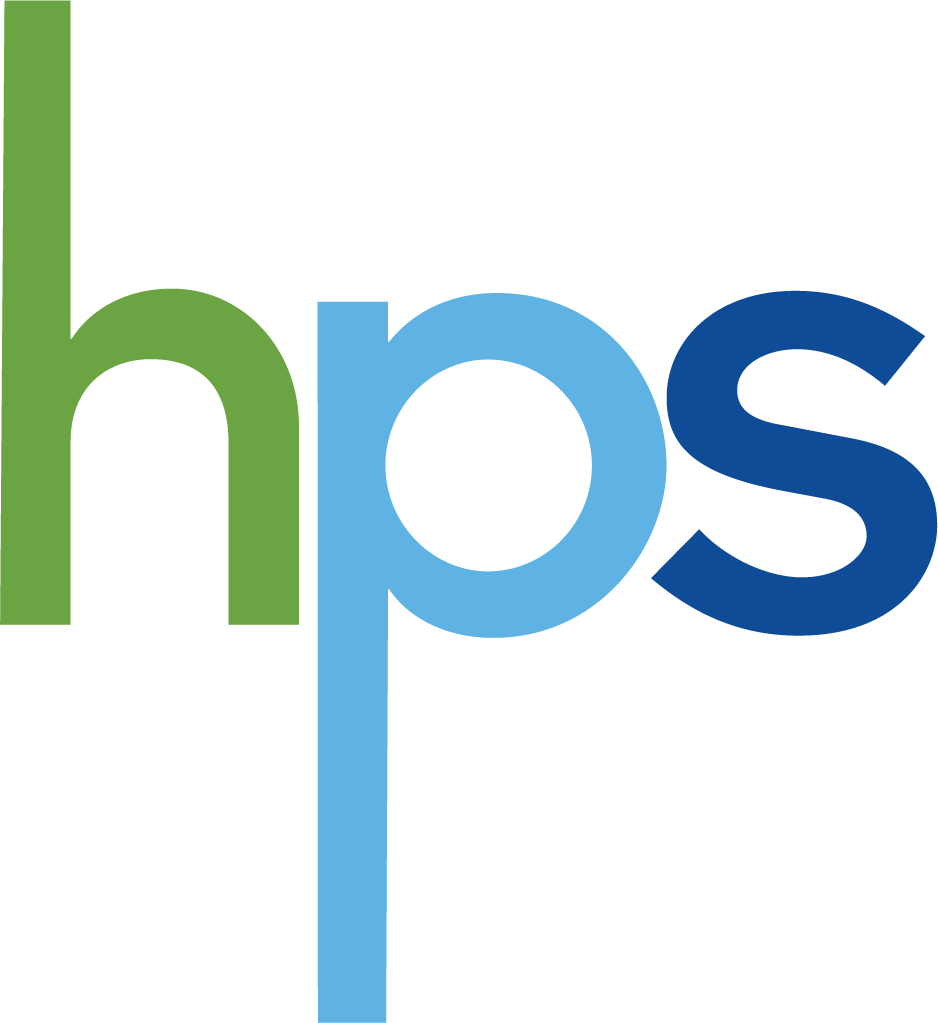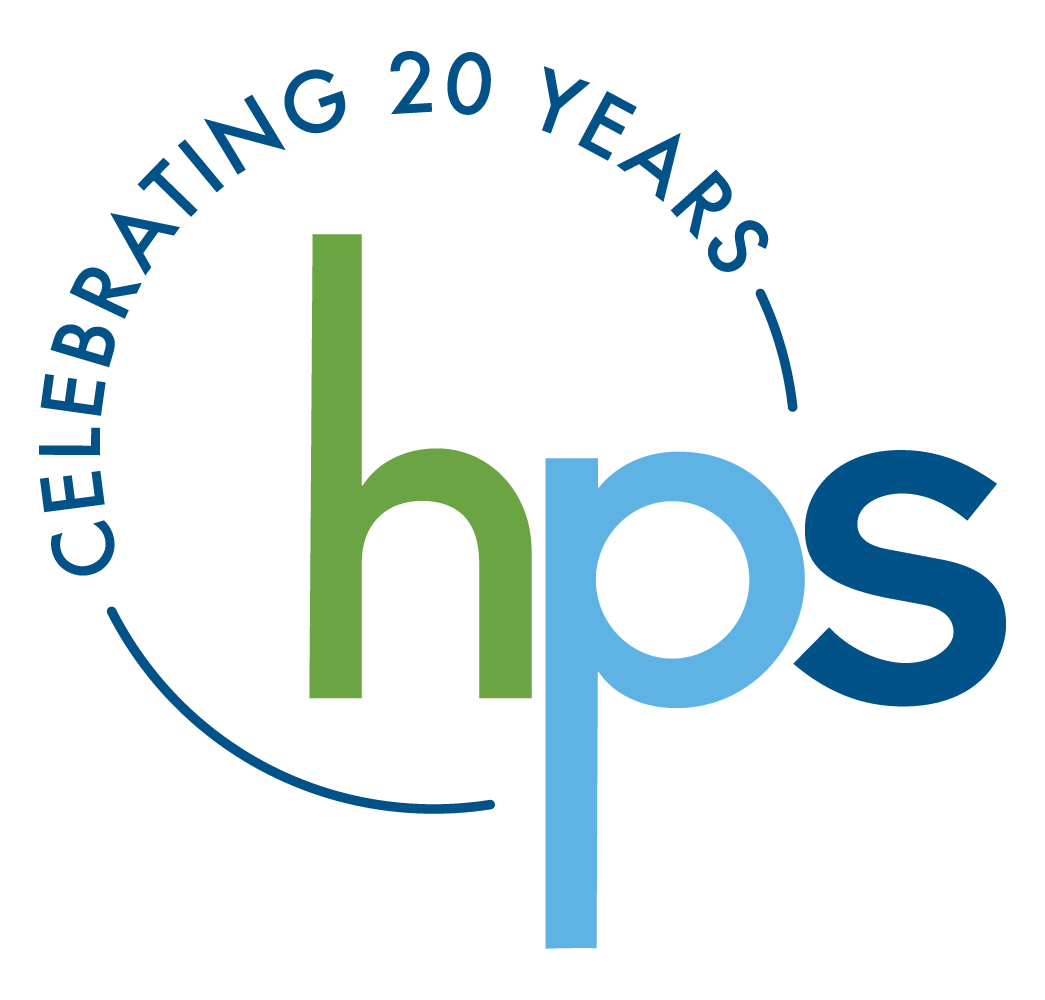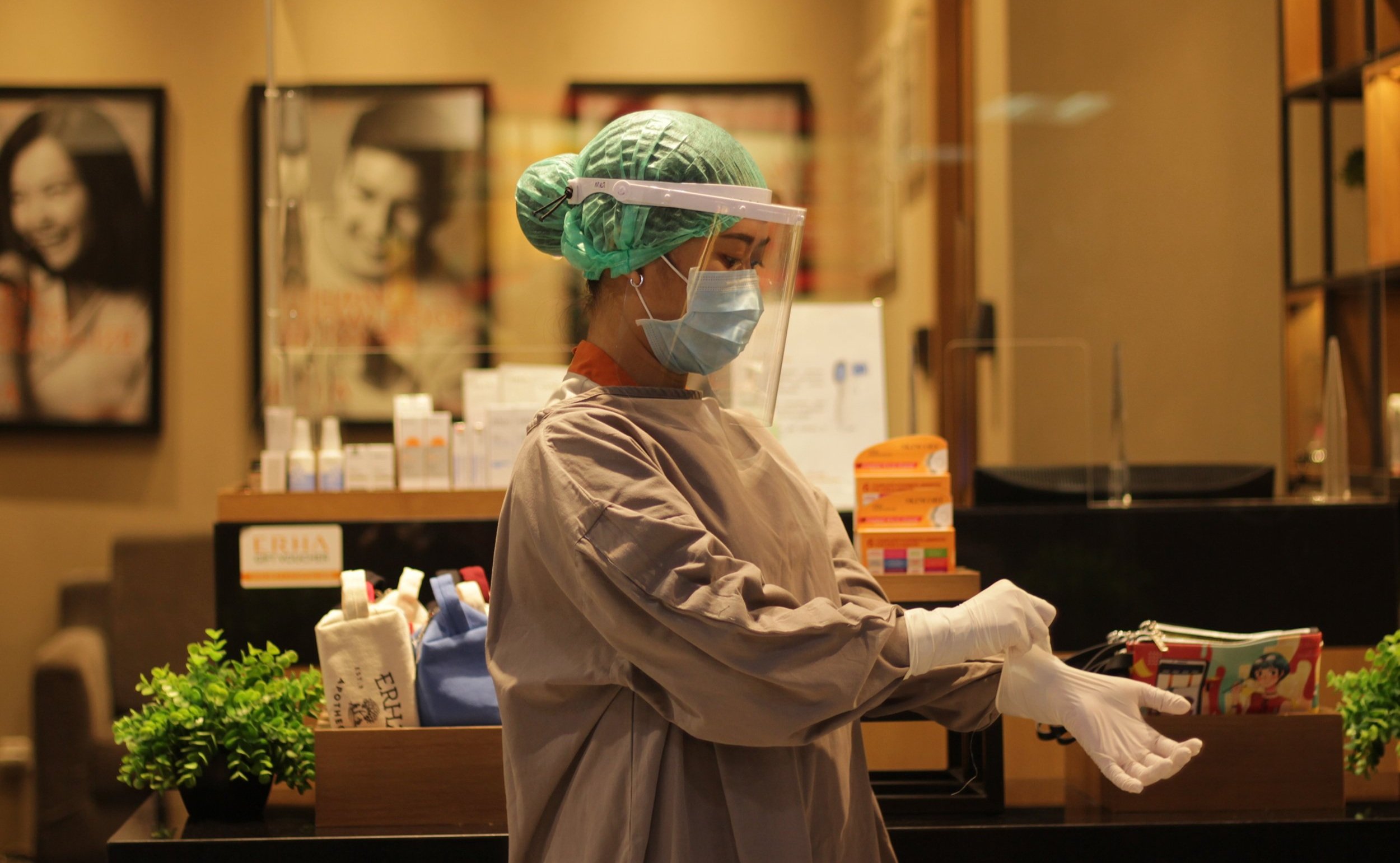The Covid-19 Pandemic and Crisis Standards of Care in Illinois
The Covid-19 Pandemic and Crisis Standards of Care in Illinois
In May 2020, the Illinois Department of Public Health (“IDPH”) informed the State Emergency Operations Center that many Illinois hospitals may need to implement crisis standards of care to combat the COVID-19 public health emergency. According to the Institute of Medicine, Crisis standards of care are defined as a substantial change in usual healthcare operations and the level of care it is possible to deliver, which is made necessary by a pervasive (e.g., pandemic) or catastrophic disaster.1 Crisis standards are reserved for the most extreme phases of a pandemic, and are activated when “demands for space, supplies, and staffing are highly disproportionate to the available resources such that the hospital is forced to ration supplies and modify its standards of care.”2 IDPH recognized that due to the unprecedented nature of this health crisis, hospitals in Illinois may be faced with the difficult decision of how to deliver the best care to their patients with limited or exhausted resources.
Although Illinois has remained relatively stable in Phase 4 since June 26, 2020, other states are experiencing surging levels of COVID-19 cases. In other words, the risk remains for all states, including Illinois, that crisis standards of care may be necessary.
The American Medical Association (hereinafter “AMA”) has provided guidance from the AMA Code of Medical Ethics on how hospitals should develop Crisis Standards of Care guidelines. While this guidance does not deliver specific protocols for crisis care, it does provide hospitals with foundational guidelines that are rooted in core values of “respect, compassion, objectivity, transparency, and fairness.” For example, AMA outlines how triage decisions should be made under crisis circumstances for issues such as allocating limited health care resources, or withholding/withdrawing life-sustaining treatment.
IDPH also issued their own Guidelines to help hospitals navigate how to ethically and decisively operate if crisis care is necessary. The following are highlights of IDPH’s guidance on initiation, implementation, and disengagement of crisis standards of care:
Initiation: Crisis standards should be initiated “based on the ‘exhaustion of specific operational resources that require a community, rather than an individual view to be taken in regard to resource allocation strategies.’”3 Each hospital is responsible for determining when they must initiate crisis care standards, which should be activated “when resources are exhausted and pre-identified triggers have been reached. . .”4 When a hospital has established pre-identified triggers (i.e. equipment shortages, essential supplies are limited), providers and hospital personnel can be alerted once the triggers occur, and can take action to implement the crisis measures before the necessary resources are entirely expended. Hospitals may consider establishing these triggers before a crisis occurs.
Implementation: When implementing crisis care standards, hospitals are required to make critical decisions on how to allocate limited resources and provide patient care during the crisis. IDPH stresses the importance of making these decisions through an ethical framework. The most prominent example is distributing scarce resources. In dire circumstances, hospitals must decide which patients will receive what is left of the exhausted resources. For example, Factors For De-Prioritization is a system that allows providers to ethically consider which patients would not likely benefit from the scarce resources or treatments.
Another key element in implementation is having an established triage team that takes the responsibility of making these important decisions in crisis care away from just one individual. “Triage teams are particularly crucial when hospitals are in contingency or crisis levels of care to ensure that decisions are being made consistently and fairly.”5 The triage team ultimately makes the scarce resource allocation decisions and makes treatment recommendations to the medical staff. Consider what roles in the hospital will comprise the triage team, in addition to clinical experts, such as ethics committee members, legal counsel and patient advocates.
Disengagement: IDPH is clear that once crisis care is initiated, hospitals should strive to move backwards to contingency standards of care6 and conventional standards of care7 as soon as additional resources become available. Hospitals are responsible for updating their crisis care strategies as the crisis evolves, and to stay informed of when crisis standards may no longer be necessary. In some circumstances, hospitals may have the ability to disengage crisis standards in phases, where certain areas of care are able to return to contingency or conventional standards before other areas of care.
When crisis standards of care are initiated, hospitals and providers are required to make difficult decisions for the good of the community. It is expected that a wave of civil liability claims will call into question the care that was provided and the choices that were made during this crisis. To ease the burden of this concern, state and federal leaders have enacted limited liability protections to healthcare facilities and providers that are responding to the COVID-19 pandemic. In Illinois, Governor Pritzker issued Executive Order 37, which extends immunity to health care facilities and professionals from civil liability for any injury or death related to the diagnosis, transmission, or treatment of COVID-19.8 Federally, the PREP Act provides broad immunity to health care professionals who utilize medical counter measures(as defined in the act) to treat, diagnose, cure, prevent, or mitigate COVID-19.9
About the Authors:
Amanda Cole is an Associate at HPS. She focuses on healthcare counseling, employment law and healthcare litigation. She joined HPS Chicago in 2017 and lives outside of Atlanta, Georgia.
Ann Ford is a Partner at HPS and Managing Director of HPS Advise, a consulting subsidiary of Hall Prangle and Schoonveld, LLC. She is based in HPS’s Chicago Office.
Notes:
1IOM Guidance for Establishing Crisis Standards of Care for Use in Disaster Situations, 2012.
2 Department of Public Health Guidelines on Emergency Preparedness for Hospitals During COVID-19
3 Department of Public Health Guidelines on Emergency Preparedness for Hospitals During COVID-19
4 Department of Public Health Guidelines on Emergency Preparedness for Hospitals During COVID-19
5Department of Public Health Guidelines on Emergency Preparedness for Hospitals During COVID-19
6 IDPH defines Contingency Standards of Care as the standard of care changes that are necessary due to strains on resources, staffing and/or spacing. The changes are temporary and have low to no impact on the quality of care provided.
7 IDPH defines Conventional Standards of Care as the standard of care for usual daily practices.
8 In Illinois, immunity is not extended if the healthcare facility or professional engaged in gross negligence or willful misconduct.
9 Under the PREP Act, immunity does not apply for claims that involve willful misconduct as “willful misconduct” is defined in the PREP Act.
The information contained in this article is accurate only as of the date of publication as government guidance and orders are subject to change daily throughout the public health emergency. As such, please consult legal counsel for up-to-date guidance with respect to the ever evolving COVID-19 legal environment.


